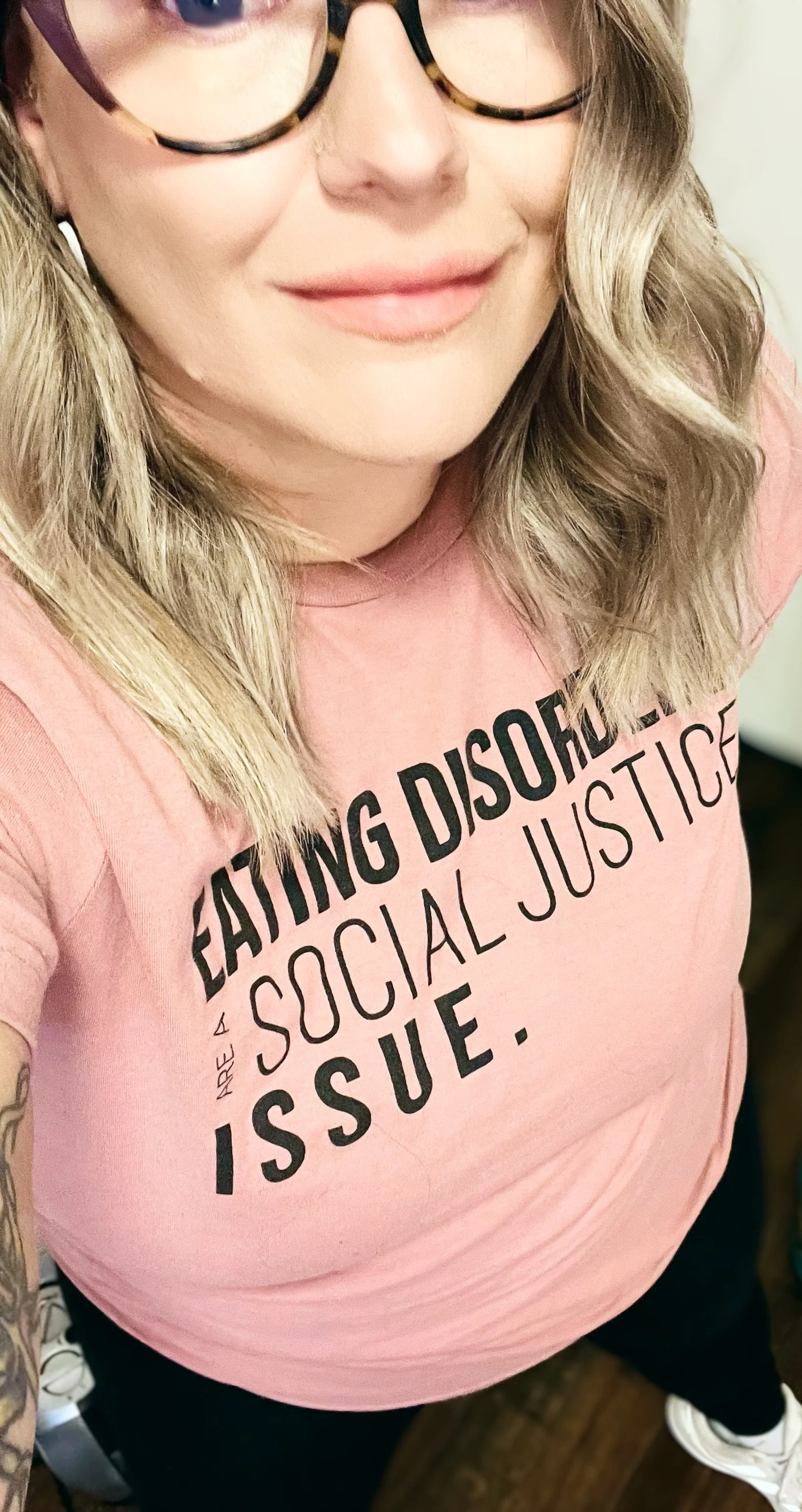Therapy is a form of protest.
Kelley Walters, Licensed professional counselor
I’m Kelley: part therapist, part answer-seeker, and professional question-asker for people who are too smart, too sensitive, and too perceptive keep living inside the boxes they outgrew.
TRAINING & EDUCATION
I’m committed to continued education & training to best support my clients and my community.
Continuous EMDR consultation and ongoing education in application of progressive and relational approaches to intensive EMDR work
Ongoing training in clinical application of ketamine/psychedelics as well as integration therapy
Specialized learning and lived experiences in neurodivergent and LGBTQIA+ populations
Member of Texas Counselors for Social Justice, SAIGE, and other professional advocacy organizations
former Houston Eating Disorder Specialists (HEDS) board member

